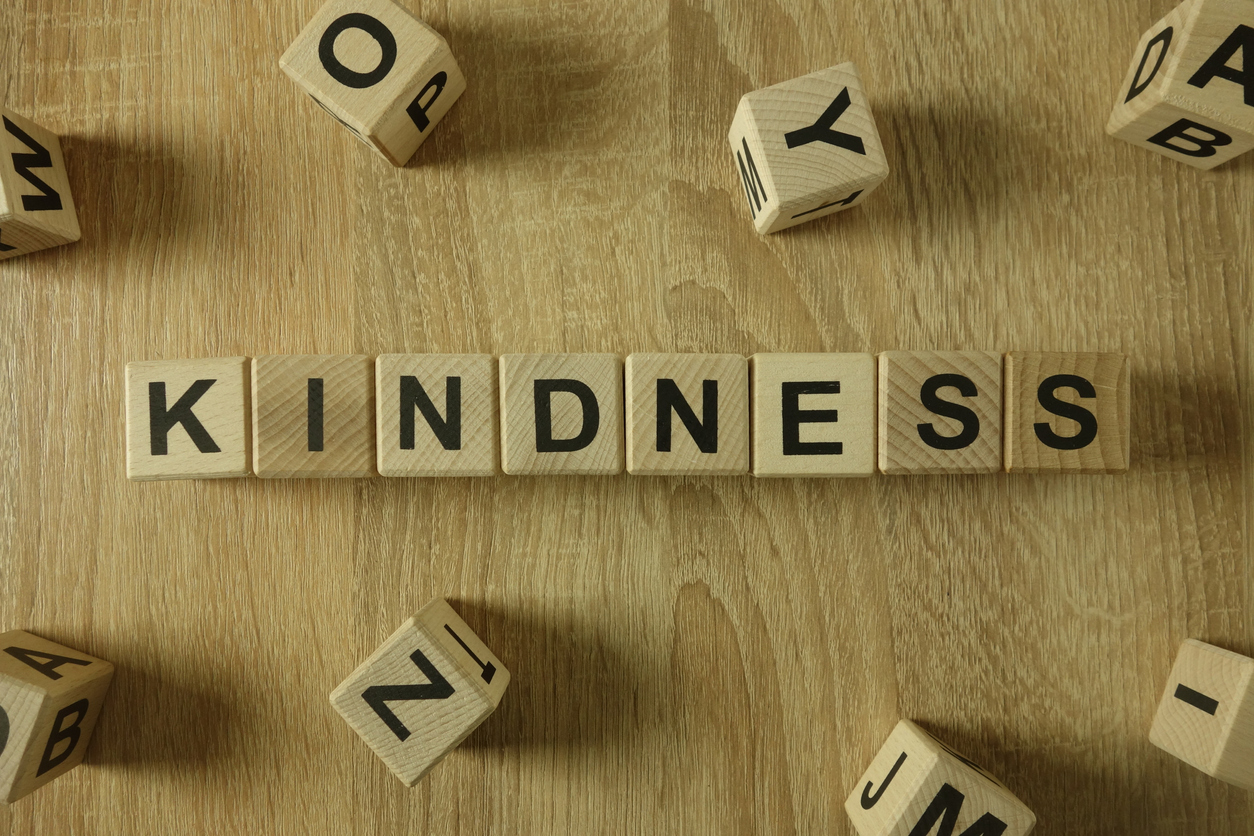
In October UCLA started the world’s first interdisciplinary research institute on kindness. UCLA researchers have agreed on an academic definition for kindness: an act that enhances the welfare of others as an end in itself. So, it is the intention, not the outcome, that is key. Another way to say that would be it is the thought that counts.
Research shows that being kind to others can reduce depression and can alter the behavior of genes to reduce inflammation, which can lead to heart disease or cancer, and turn on the activity of genes that protect against infection. Kindness can make you a healthier person. So, doing something kind for another person can not only improve that person’s day, it can also improve your life.
To be kind one must have empathy. Empathy is not unchangeable. We can learn to grow it or to starve it. We can rewire our brains to be more (or less) empathetic.
Mandt has always taught to treat all people with dignity and respect and how to respond, rather than react to situations. It is nice to know there is additional scientific evidence to back up our approach. As we close out 2019 and look ahead to 2020, how many of us will make a conscious choice to grow our empathy in this coming year? How many years have we made a resolution to lose weight/get in shape/be healthier? And how many times have we succeeded in that resolution? This year, let’s all work on growing our empathy. This will help each of us be kinder and healthier. A definite win-win! (And I hope that still means I can finish eating my Christmas cookies without feeling guilty!)
Dr. Dale Shannon – Mandt Faculty



